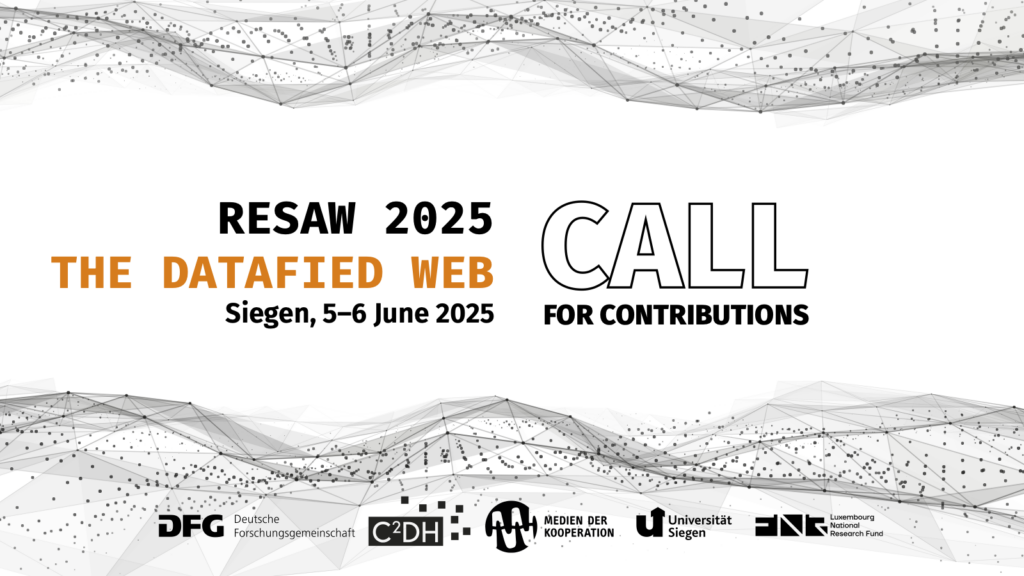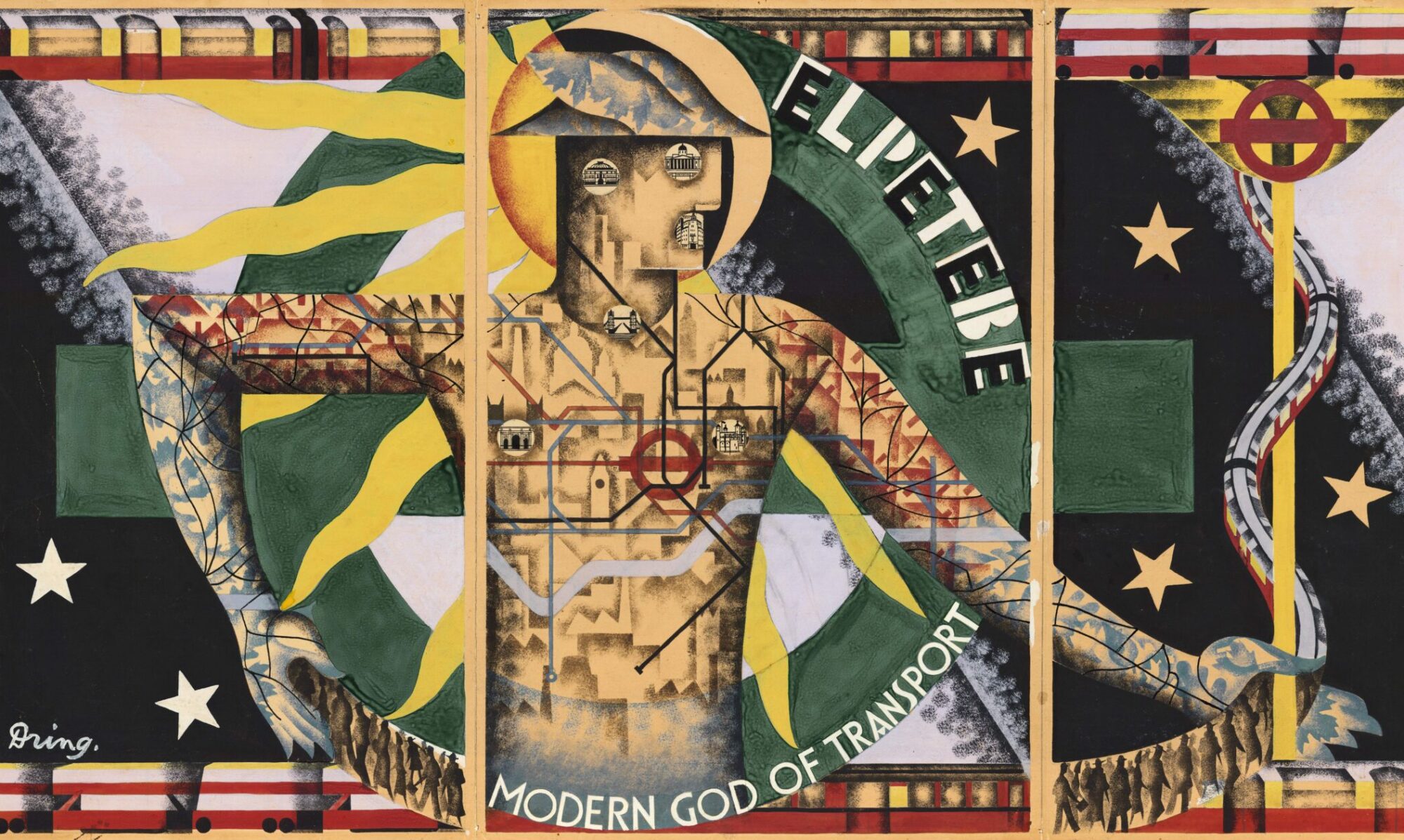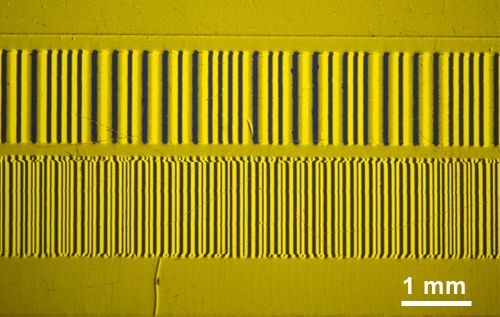
Do you remember the beginnings of early metrics in the 90s, the birth of web counters, those digital pioneers that marked and started to quantify the pulse of online activity, the novelty of seeing website visits measured in real-time, eye-catching graphics becoming the currency of online attention, and the early days of companies like Webtrends, Urchin and DoubleClick?
We invite scholars, researchers, web archivists to contribute to the 6th RESAW conference on the topic of “The Datafied Web”, through a historical lens. We would like to delve into the historical roots, trends, and trajectories that shaped the data-driven paradigm in web development and to examine the genealogies of the datafied and metrified web. Historical studies of trajectories towards a databased web and the emergence of platform-driven mobile ecosystems are very welcome, as well as case studies for instance related to the development of Application Programming Interfaces (APIs) and the evolution of data-sharing practices.
Uncovering the early forms of analytics software, their origins, and the role they played in shaping the web landscape, and examining the historical context, aesthetics and role of web counters, analytics tools, mobile sensing and other metrics may also help us deepen our understanding of online interactions, past publics and audiences, and their (uneasy) trajectories. “The datafied web” also raises questions related to methods and (web) archives allowing to research this evolution: what are for instance the challenges and methodologies involved in archiving the metrified and increasingly mobile web, including the back-end infrastructure?
This theme also invites us to trace the historical trajectory of data surveillance and the evolution of data capturing practices on the web. Complementary are issues related to the historical development of tracking mechanisms, cookies, and the creation of digital footprints, as well as the evolution of companies relying on metrics, and the development of financialized web spaces and their implications.
By investigating historical controversies and debates surrounding the increasing datafication of the web and uncovering historical instances of innovative data use or resistance practices against the datafication of the web, this conference also aims at reconstructing vivid and key debates that are transversal to the history of the web. How did the datafied web provide for the sensory media environments that we are now living in?
Finally, we wish to discuss innovative research methodologies for uncovering the historical dimensions of the datafied and metrified web, as well as methods that are approaching web archives as data (from an archiving and research perspective) and explore them through distant reading, metadata, seed lists, and other methods. Plus, we want to encourage everyone to think about datafication as a practice of sensing and sense-making that creates, sustains, and undermines media environments.
This is a reblog from the original call at the RESAW homepage.
You can download a PDF version right here.
„The Datafied Web: Call for Contributions RESAW25“ weiterlesen



